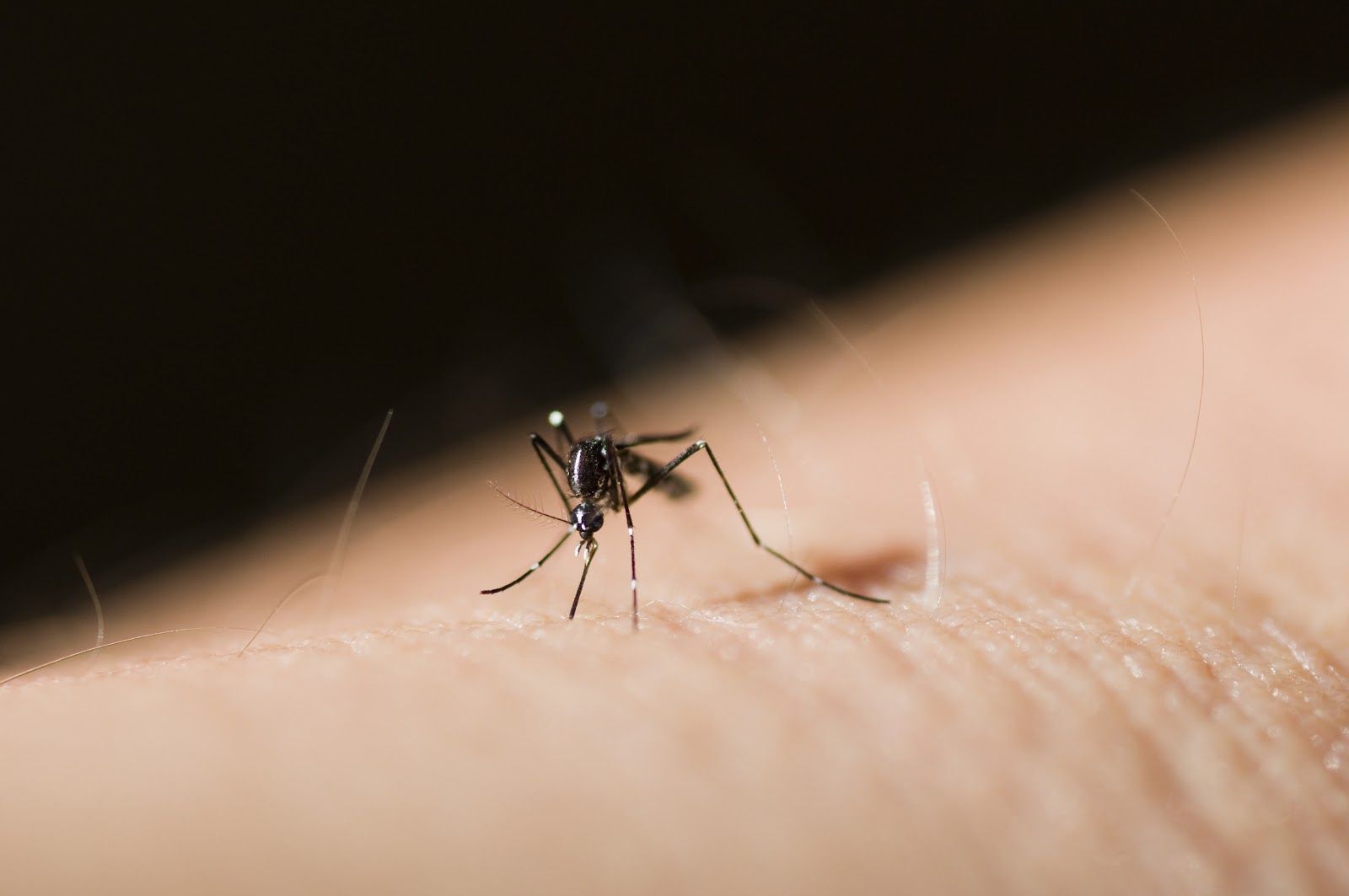Mosquitos are more than just a nuisance. They can carry serious diseases such as Zika, West Nile Virus, and malaria, posing a health risk to your family and community. Understanding how a mosquito infestation occurs is the first step in effectively managing these pests. In this blog, we will explore the life cycle of mosquitoes, the conditions that favor their proliferation, and preventative measures you can take to minimize their impact.
The Life Cycle of a Mosquito
Mosquitoes go through four distinct stages in their life cycle: egg, larva, pupa, and adult. Each stage plays a crucial role in the development of an infestation.
- Egg Laying: Female mosquitoes lay eggs in stagnant or slow-moving water, where conditions are ideal for the eggs to hatch. A single female can lay hundreds of eggs at a time, which can hatch within 48 hours under optimal conditions.
- Larval Stage: Once the eggs hatch, they become larvae, which are aquatic and feed on organic matter in the water. This stage is crucial because larvae are vulnerable and heavily dependent on water quality and temperature. Larvae will molt several times as they grow, shedding their exoskeleton to increase in size.
- Pupal Stage: After several days to weeks as larvae, they transform into pupae. This stage is a non-feeding period where mosquitoes transform into adults. The pupal stage typically lasts a few days and is a critical transformation phase during which the mosquito develops its flying and feeding structures.
- Adult Stage: The adult mosquitoes emerge from the pupal stage ready to feed and reproduce, completing the cycle and potentially starting new infestations. Adult mosquitoes focus on feeding and mating, with females requiring a blood meal to develop eggs.
Ideal Conditions for Mosquito Infestations
Several environmental and human factors contribute to mosquito infestations, including:
- Standing Water: Any source of stagnant water, such as ponds, bird baths, and unused pools, can serve as a breeding ground for mosquitoes. Regularly inspecting and eliminating these sources can drastically reduce mosquito populations.
- High Humidity: Mosquitoes thrive in humid environments, which help keep their eggs and larvae viable. High humidity levels facilitate the survival of mosquitoes at all stages of their life cycle.
- Warm Temperatures: Mosquitoes are active and breed more efficiently in warm weather, making spring and summer peak seasons for infestations. They are cold-blooded and rely on environmental heat to regulate their body temperature.
- Shaded Areas: Mosquitoes prefer shaded locations for breeding sites to protect themselves from direct sunlight, which can dry out their breeding waters. Removing unnecessary shade like dense foliage can help minimize these habitats.
Preventative Measures to Control Mosquito Populations
Reducing mosquito populations involves managing their breeding grounds and adult habitats.
- Eliminate Standing Water: Regularly check and remove any standing water around your property. This includes checking gutters, plant saucers, and tarps that can collect rainwater.
- Use Mosquito Repellents: Apply mosquito repellents that contain DEET, picaridin, or oil of lemon eucalyptus to exposed skin. These substances are effective at deterring mosquitos from landing and feeding.
- Install Screens: Fit windows and doors with screens to prevent mosquitoes from entering your home. Repairing any holes in the screens can enhance their effectiveness.
- Landscaping: Keep grass cut short and eliminate brush where mosquitoes can rest and breed. Consider using plants that naturally repel mosquitoes, such as citronella, lavender, and marigolds, as part of your landscaping.
Contact Hopper Pest & Termite Today
At Hopper Pest & Termite, we understand the importance of keeping your environment mosquito-free not only to enhance comfort but also to prevent health risks associated with these pests. Serving both Springdale and Mountain Home areas, our offices are equipped to provide comprehensive pest control solutions tailored to your specific needs, including mosquitoes, termites, ants, bed bugs, flies, cockroaches, rodents, spiders, and even wildlife. Don’t let mosquitoes take over your outdoor equipment. Contact our Springdale office at (479) 750-4070 or our Mountain Home office at (870) 425-4122 to schedule a consultation and take the first step towards a pest-free home.

